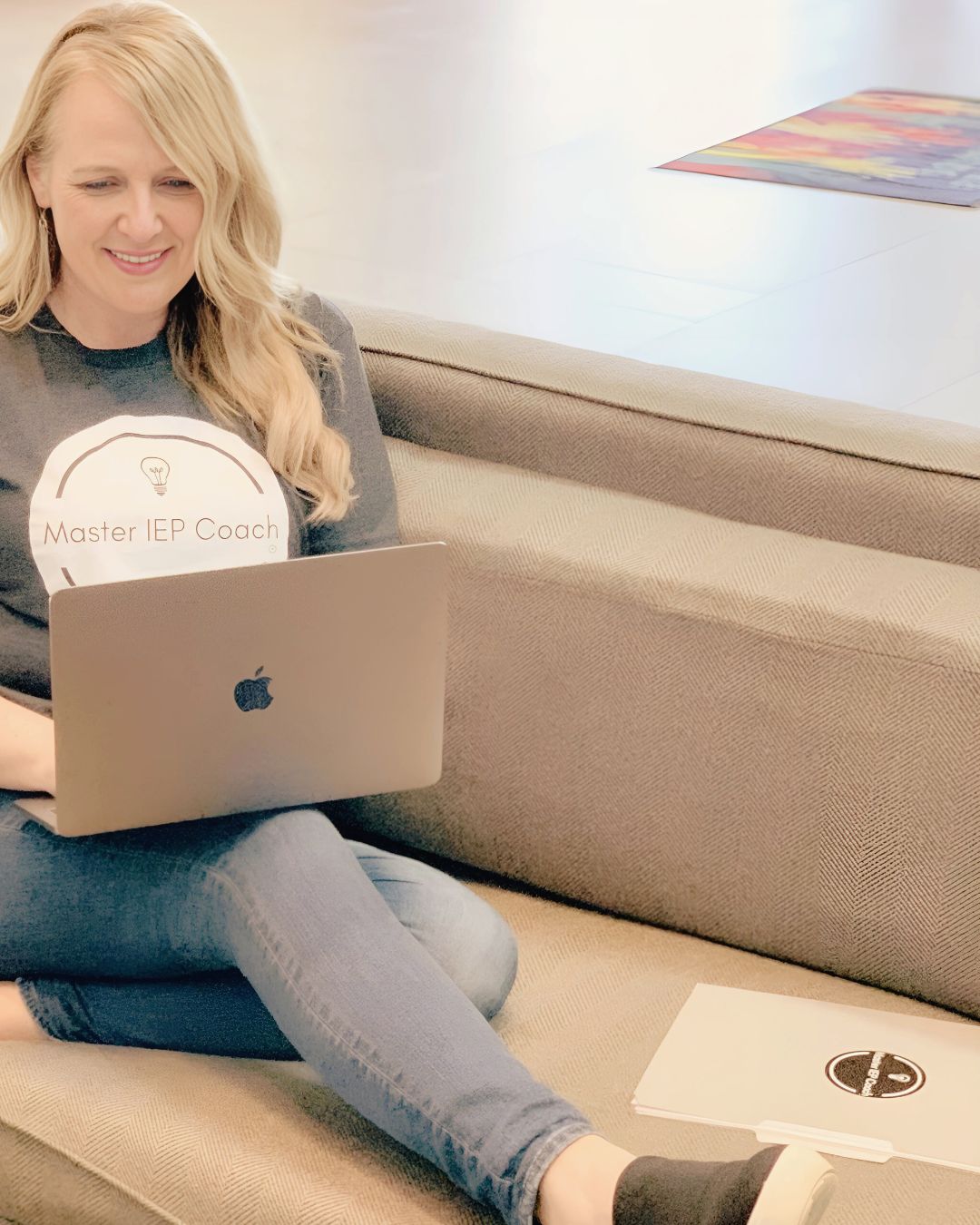Special education is filled with acronyms, assumptions, and misunderstandings that can leave both parents and professionals feeling stuck. After prepping thousands of parents and teachers who sit at IEP tables, there’s one thing I know for sure: when we clear up the basics, everything else gets easier.
In this episode of the Special Education Inner Circle Podcast, I’m sharing 5 things I wish everyone knew about special education—the things that too often get missed, misunderstood, or pushed aside. These truths are for parents, teachers, admins, and therapists who want to build better IEPs and stronger teams.
🎧 Prefer to listen? Here’s the podcast episode:
1. Honest Conversations Are Non-Negotiable
An IEP only works when real conversations happen. That means more than just sharing updates—it means talking honestly about what’s working, what’s not, and what each child truly needs.
It’s not about pointing fingers. It’s about creating space for all voices—especially parents and teachers—to share their insights openly and respectfully. Avoiding tough conversations leads to confusion, delay, and missed opportunities for the child.
💡 IEP Tip: If a conversation feels hard to start, that’s usually the one that matters most. Don’t wait for the meeting—start the discussion now.
2. Extended School Year (ESY) Is NOT Just About Regression
Let’s bust a myth: ESY eligibility isn’t just for students who lose skills over summer. That’s only one piece of the puzzle.
According to IDEA (Individuals with Disabilities Education Act), ESY can be provided when:
- A student needs it to maintain progress
- The nature or severity of the disability warrants it
- Critical life skills need to be supported
- And more
📌 If your team says “no regression = no ESY,” it’s time to pull out the actual law. There’s more to consider, and it’s your right to ask about it.
3. There Should Be NO Surprises at the IEP Table
Walking into an IEP meeting and hearing new test results or unexpected goal changes? That shouldn’t happen.
Collaboration works best when everyone comes prepared. That means draft documents shared ahead of time, conversations before the meeting, and transparency from the whole team.
This isn’t about making decisions early—it’s about building trust and using meeting time wisely.
📝 Ask for: Progress updates, draft goals, or recent data before the meeting so you can show up ready to contribute.
4. Inclusion Is More Than a Location
We talk a lot about “inclusive classrooms,” but inclusion is an experience, not a place.
Inclusion means a student feels they belong. They’re participating in meaningful ways—socially, emotionally, and academically. It might happen in the general ed classroom, or in a smaller group setting, or both.
Rather than asking “what classroom is this child in?” ask:
“Do they feel included where they are?”
That small shift in language can change how teams approach placement and supports.
5. Special Education Is a Service—Not a Place
Too often we hear “he’s in special ed” or “she goes to the special ed room.” But special education is not a location. It’s a set of individualized services.
Support can happen anywhere—general ed, a therapy room, a small group space. The focus should always be on what services are being delivered, not where they’re happening.
🌟 Let’s reframe how we talk about special education. Say:
- “They receive special education services”
- Not: “They’re in special education”
Language matters. And this one shift helps reduce stigma and bring the conversation back to support and solutions.
Ready to Lead the Change?
If these five truths had you nodding your head, here’s your next step:
👉 Become a Master IEP Coach®. Whether you’re a parent, teacher, admin, or therapist—if you’re ready to turn your IEP experience into impact and income while helping families and schools work better together, the Master IEP Coach® Mentorship is for you.
📎 Learn How to Become a Master IEP Coach®
Want to hear me (Catherine) talk about these 5 things in my own words… watch here the original YouTube video below.
More Resources You Might Love
- Learn how to turn your IEP experience into Income
- Dream big about starting your own profitable Special Education blog
- FAQs about becoming a Master IEP Coach®
- Must have IDEA law book for parents and teachers

Catherine Kahl, M.Ed has been coaching parents and teachers to solve IEP struggles for almost 30 years. Through her mentorship program, she helps parents, teachers, admins, and therapists become Master IEP Coaches®. Learn More Here.

+ show Comments
- Hide Comments
add a comment